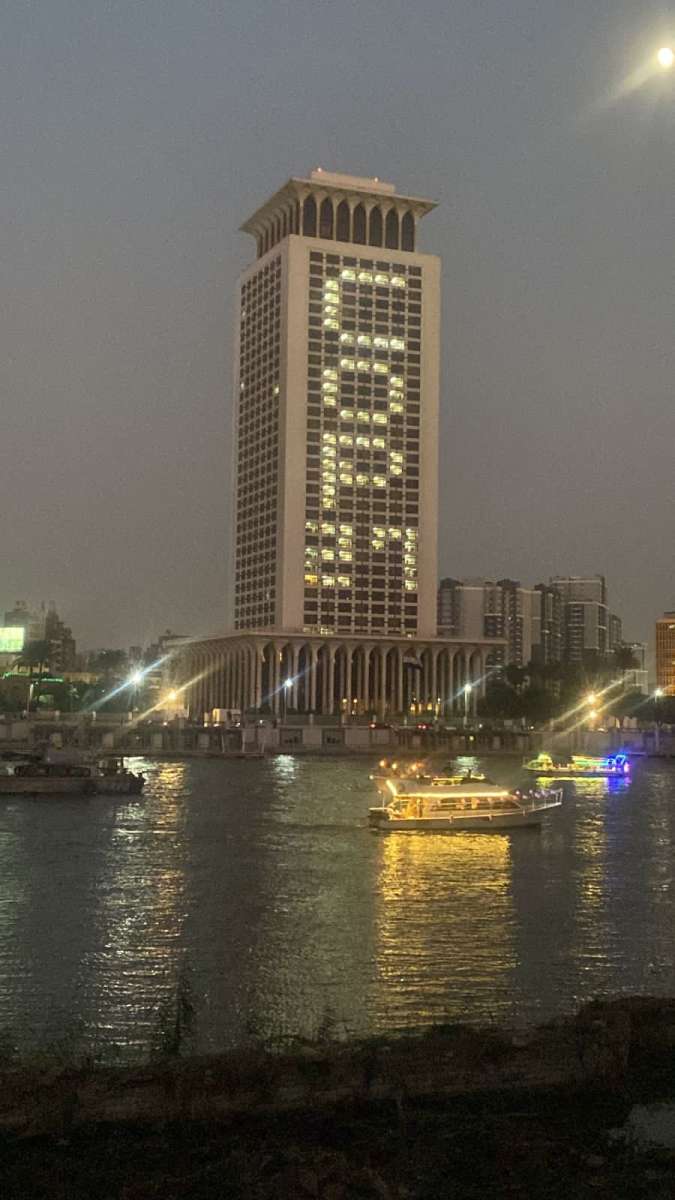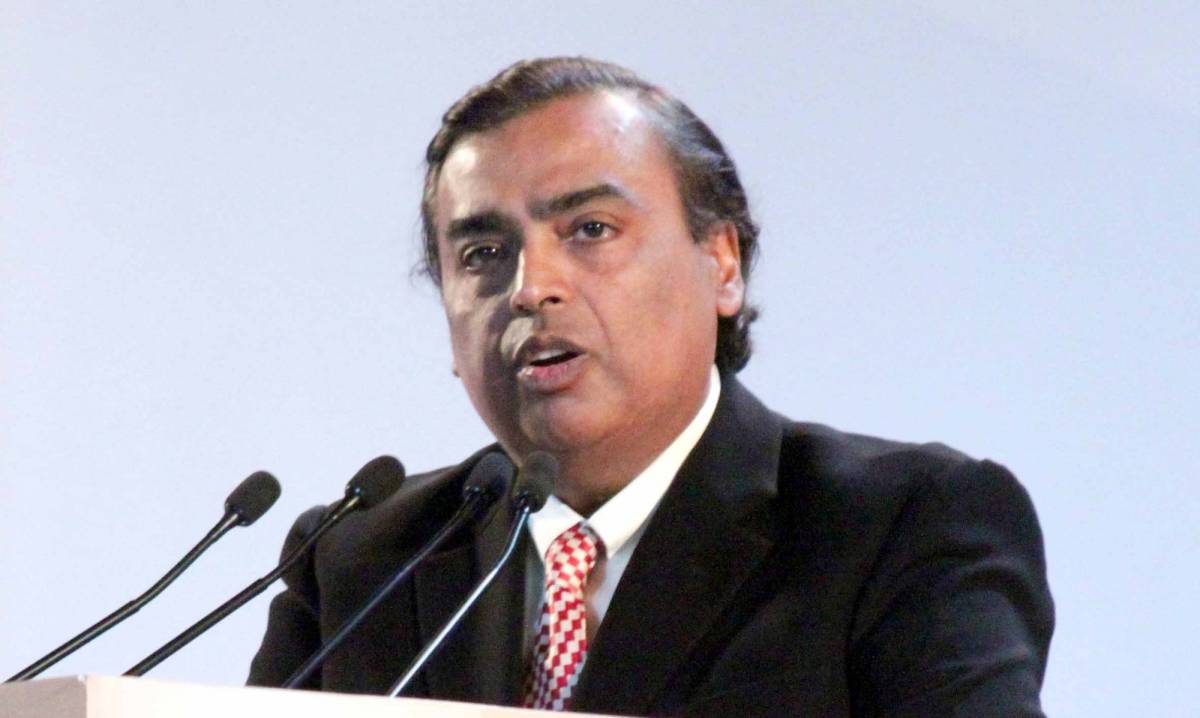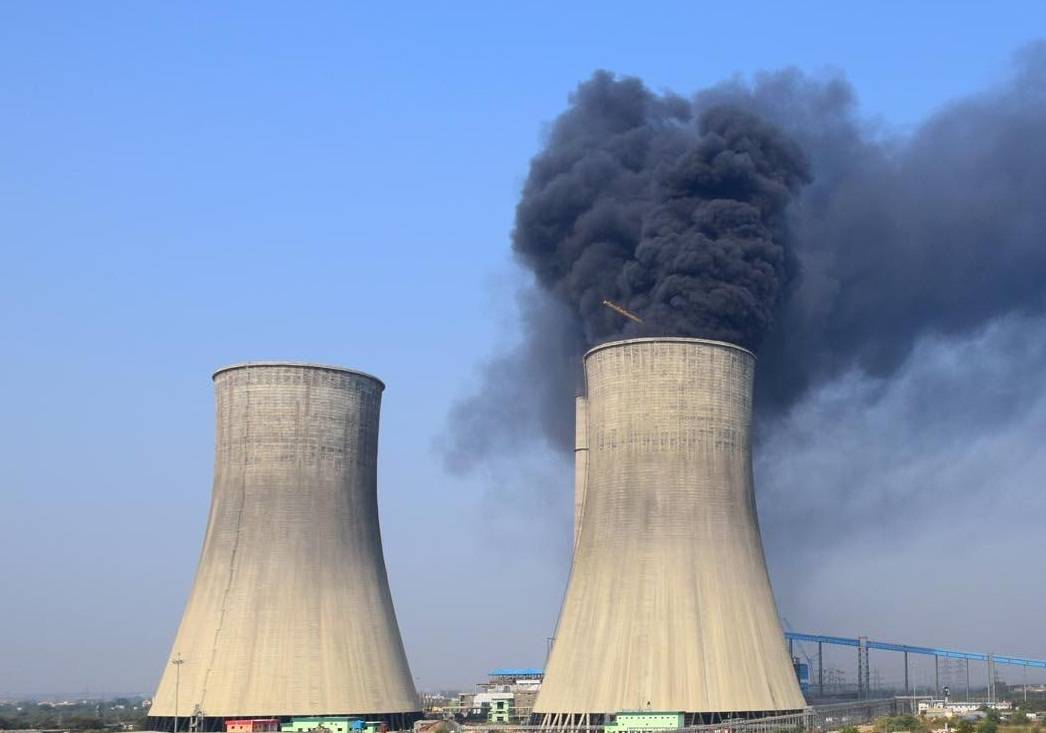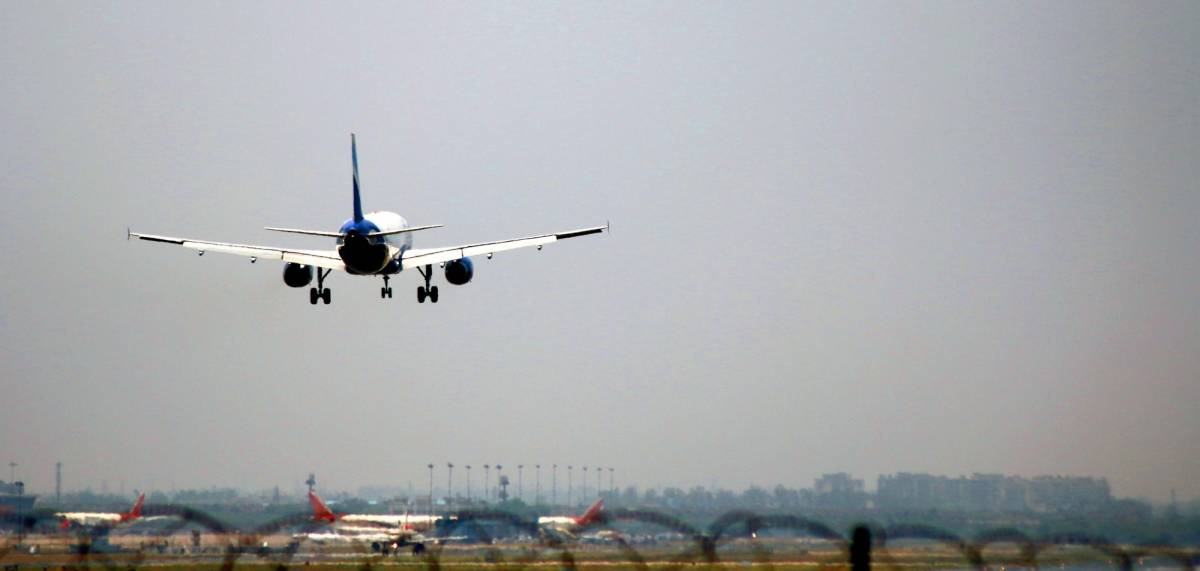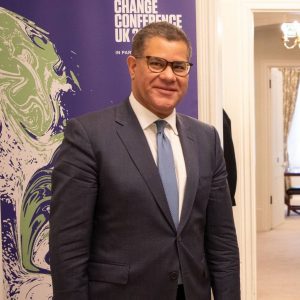Since Alok Sharma was appointed President for COP26, he has been on his toes, travelling across the globe to set the agenda for the summit, a report by VISHAL GULATI
The man behind bringing nearly all 200 nations into a common cause — to adapt to the effects of climate change and limit the rise in average global temperature to 1.5 C as required by the 2015 Paris Agreement — is an Indian-origin UK minister.
Born to Hindu parents in Agra and moving to the UK in 1972, Alok Sharma was appointed President for COP26, the 26th United Nations Climate Change Conference, on January 8.
Since then Sharma has been on his toes, travelling across the globe to set the agenda for the summit.
This year COP is being held under the presidency of the UK and is being hosted in Glasgow from October 31 to November 12. This is the largest event of its type that the UK has ever hosted. The climate talks bring together heads of state, climate experts and campaigners to agree to coordinated action to tackle climate change.
At the climate summit, which began amidst a series of reports and studies warning that urgent action is needed to keep the Paris Agreement’s goal of limiting global average temperature increases to 1.5 C within reach, Britain will be leading the formal negotiations and will have oversight of the overall COP package and vision, including political declarations.
Climate negotiators told IANS it would have been a big task for Sharma, who has been working closely with the backing of the Prime Minister to get countries to commit to new pledges to tackle the climate crisis, to enable the developing countries that require technological and financial support so they can leapfrog the dirty development path and increase their resilience to climate impacts.
Prior to entering Parliament, Sharma qualified as a chartered accountant with Coopers & Lybrand Deloitte, and then worked for 16 years in banking.
Sharma was in New Delhi in August for discussions with ministers and leaders from industry and civil society on collaboration on climate action.
At that time, Sharma, who holds the post of minister of state at the UK Cabinet Office, said India had a vital role to demonstrate renewed action under the Paris Agreement.
“India’s leadership, including through the International Solar Alliance (ISA) and Coalition for Disaster Resilient Infrastructure (CDRI), is hugely important as we look to build global resilience ahead of COP26 and beyond,” he had said.
In the last climate talks in Spain in 2019, India, China, Brazil and some developing countries had failed to convince the world to evolve rules for trading internationally carbon credits which help them decarbonise economies at lower cost.
The countries failed to agree unanimously on Article 6 of the crucial Paris Agreement rulebook concerning the carbon markets system as the two-week lengthy negotiations concluded two days past the official deadline.
Article 6 of the Paris Agreement provides guidelines on how international climate markets will work, as a key component of the world’s economic toolbox for addressing climate change.
It allows emission reductions to be implemented in one country and the credit to be transferred to another and be counted towards its commitments (known as nationally determined contributions or NDC).
In COP25, the developed world took the stand of not allowing the ‘junk’ carbon market, which allows buying and selling of carbon emissions, and emerged under the Kyoto Protocol adopted in December 1997 to continue in the exiting mechanism under the Paris Agreement.
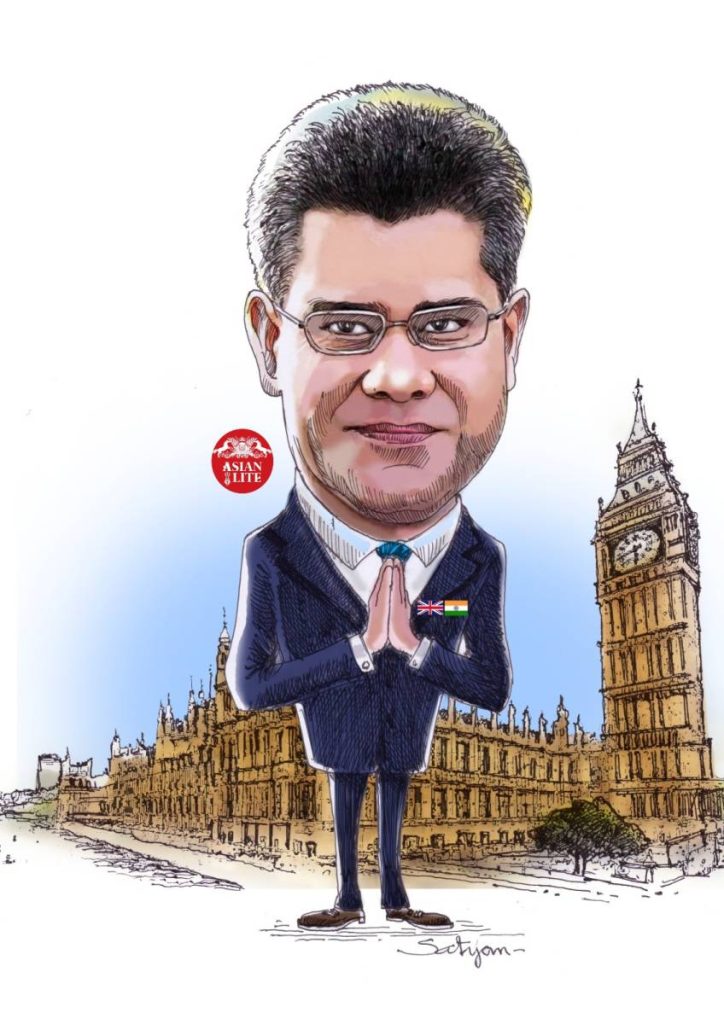
Several countries like India had been demanding to carry forward the old carbon credits earned also by companies to meet new climate targets. The carbon credits allow companies to compensate for their greenhouse gas emissions.
Climate experts told IANS that it would be high time for Britain, especially Indian-origin COP President Sharma, to convince the developed nations not to completely reject the carbon trade mechanism, a key component for the full operationalisation of the Paris Climate Change Agreement.
In India, 1,686 projects have been successfully registered under the Clean Development Mechanism (CDM) under the Kyoto Protocol, millions of certified emission reductions (CERs) credits, better known as carbon credits, remain unsold with collapsing of the CDM market.
One CER equals one tonne of carbon dioxide. The CERs help companies earn billions of dollars by trading them. Currently, there is a market but no political platform.
In a new Reflections Note just ahead of the onset of COP26, Sharma said, “I very much want to support Parties to deliver on the matters you have told me are key political components of a Glasgow outcome. These include mobilising finance, keeping 1.5 alive, scaling up adaptation, addressing loss and damage, and finalising the Paris Rulebook — Article 6, the enhanced transparency framework and common time frames”.
“In addition, there are a number of other important decisions to be taken, including on Action for Climate Empowerment and the review of the Least Developed Countries Expert Group for example.”
ALSO READ-INDIA AIMS NET ZERO BY 2070
READ MORE-India, UK Commit to Work on Green Hydrogen, Clean Tech



